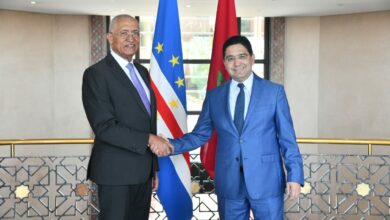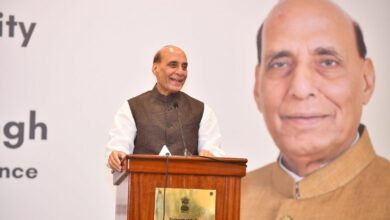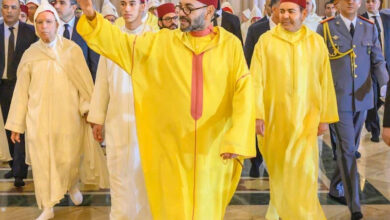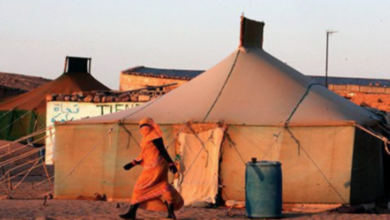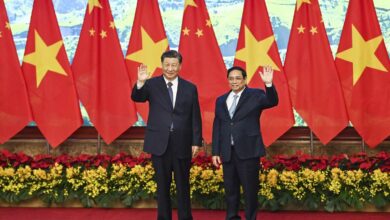Zuma Slaps the Algerian Regime and Its Supporters in South Africa from Johannesburg: We Renew Our Support for Morocco’s Sovereignty over the Sahara, and the South African Flag Is a Symbol of the People, Not a Tool in the Hands of Power
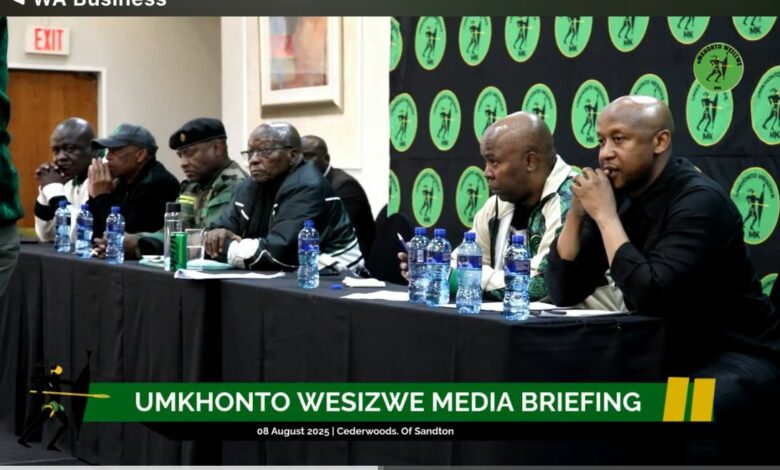
ALDAR/ Meryem Hafiani
Former South African President Jacob Zuma responded to the criticism he faced for raising his country’s flag during his recent visit to Morocco, affirming that this act was not directed against anyone but was a clear message that national symbols belong to all citizens and are not an exclusive privilege of the government nor tools for settling political scores.
Speaking from Sandton, a suburb of Johannesburg, at a press conference held alongside leaders of the Umkhonto We Sizwe (MK) party he leads, Zuma emphasized that the flag is neither a partisan emblem nor private property of the current regime, but rather a unifying identity representing all members of the nation regardless of their ethnic, political, or social affiliations. He stated firmly: “The flag cannot be reduced to the hand of a single political faction. This symbol reflects the history of struggle of an entire people, from resistance against apartheid to building a democratic state.”
The controversy triggered by his visit to Morocco—especially given the stance of Cyril Ramaphosa’s government supporting Algeria’s agenda against Morocco’s territorial integrity—opened a broad debate within South African political circles about the relationship between the ruling authority and the state’s symbols. While the government sees Zuma’s visit as a departure from its diplomatic line, his supporters view it as an expression of political freedom and a rejection of the monopolization of national identity.
Since leaving the presidency, Zuma has adopted an oppositional stance toward Ramaphosa’s policies, both domestically and internationally, repeatedly affirming that South Africa should pursue a balanced foreign policy that serves the interests of its people, far from narrow ideological alliances. Observers see his recent position on the flag issue—coinciding with his public presence in Morocco—as a dual political message: first, to assert his independence from the government line, and second, to hint at the need to reconsider official positions when national symbols are exploited to serve foreign agendas.
Notably, Zuma’s statements resonated widely in local media, where many see him as a defender of national unity. This incident reopened a fundamental question in South Africa: do governments have the right to monopolize national symbols, or are these moral properties that belong solely to the people?

